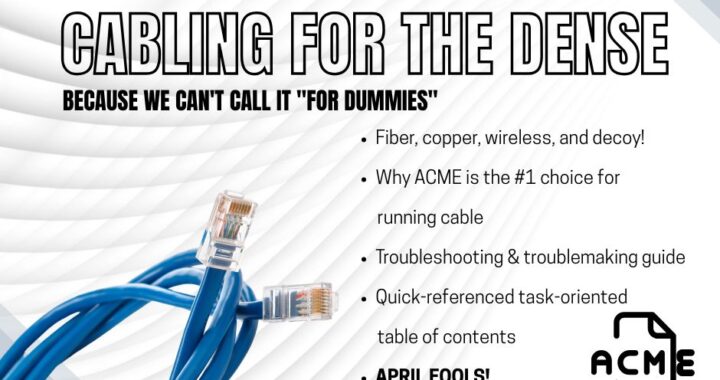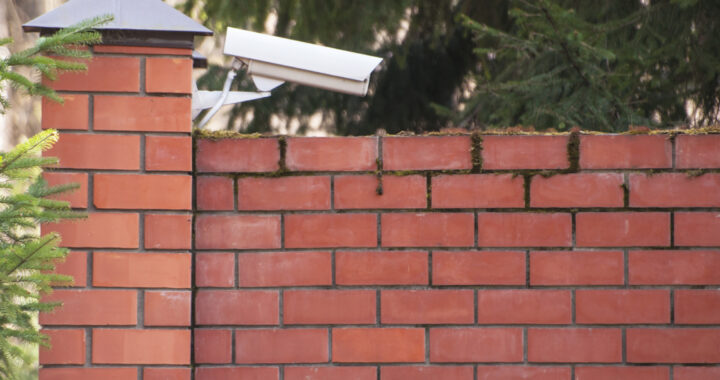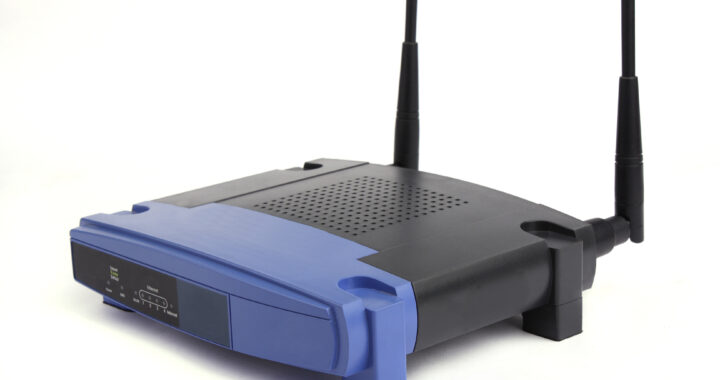What is the benefit of having video storage for your surveillance? You may think that any business with a surveillance system also has video storage, but there are two kinds of surveillance (aka CCTV) systems: those with and those without storage.
Some systems are set up to be monitored in real-time but don’t store video. With the modern lower cost of storage, this is less common than it used to be, and that makes sense since there are many advantages to reviewing stored video footage.
Funny story – back when I was a sales guy for RCI and was DCJS licensed to sell surveillance and security equipment, I got a call to come into a retail location where someone was interested in cameras. When I got there and walked him through what he would need, he asked me a question that surprised me. “What would it cost to put up a dummy camera?” so it looked like he had surveillance.
I was taken aback by the question, though, luckily, not so much that I couldn’t politely tell him that wasn’t what we did. As DCJS-certified surveillance sellers and installers, it seemed like an irresponsible move, so I sent him elsewhere while cautioning against it.
It surprised me that he would think installing a fake camera was even a good idea – enough that I still think about it. So today, I will explain the benefits of video storage, beginning from the lens (camera joke) of why a fake camera won’t do.
Why Not a Fake Camera?
Let’s start with the obvious—why not use a fake camera? Well, a fake camera doesn’t record, and it’s also evident to anyone who knows what a real camera looks like. You may be able to fool a teenage shoplifter, but honestly, how much are they thinking through a crime?
Fake cameras may offer a small amount of deterrence for the small subsection of uneducated criminals who still think through the consequences before committing a crime. Still, as you can imagine, that’s not a large circle in any Venn diagram.
Outside of Imaginationland, fake cameras can’t do any of the things that real cameras do, from real-time monitoring to video storage. So here’s why in Southwest Virginia and beyond, a real camera with actual video storage is preferable.
Surveillance Is Not Just for Preventing Crime
While a surveillance system may be enough to prevent some theft, that’s not its only purpose. Besides non crime reasons (which we’ll get to later) surveillance also helps in catching someone who committed theft after it occurs.
Here’s another sobering statistic. Thirty-three percent of shrinkage is internal. That means employees who steal, damage, or improperly handle merchandise, preventing it from being sold. You know who knows whether something is real or fake in your store? Employees.
Not all internal shrinkage is malicious, and that’s part of the point. When an owner or manager reviews stored video footage, they can tell when a process isn’t going as well as it could. That gives them a chance to offer training to educate employees to do better, reduce shrinkage, and increase profitability.
Fake cameras only store pretend video.
Video Storage and Safety
Safety practices and liability are two reasons for maintaining video storage that is not shrinkage—or theft-related. Employee safety is relevant in any workplace but is particularly vital in factory settings. There, with a fast pace and moving parts, injuries can be more common, and safety practices are crucial.
One way to ensure compliance with safety best practices is to review stored video footage on a periodic but randomized basis. This helps in two ways.
First, if employees know they are being monitored and will be held accountable, they’re more likely to follow safety regulations. Secondly, employers or managers can see when employees become lax in certain safety practices and can use it as a training employee, hopefully preventatively!
Video Storage and Liability
Liability is closely related to the previous section on safety. While most employees will do their best to protect themselves and each other, regulations partly exist for those who won’t!
If someone is injured on the job, one of the first things a safety manager will do is check surveillance footage, especially if the injured worker is filing for disability.
Reviewing video can prove whether the worker was operating according to company policy and can even catch if someone is doing something dishonest.
Experienced Surveillance Sales and Service
While fake cameras are on the extreme end, surveillance comes at varying levels of effectiveness, and you should always speak with an experienced Virginia DCJS-certified surveillance tech for your surveillance and video storage needs. Give RCI’s friendly tech and sales teams a call for your burning surveillance questions! Just don’t ask to put in a dummy camera.



